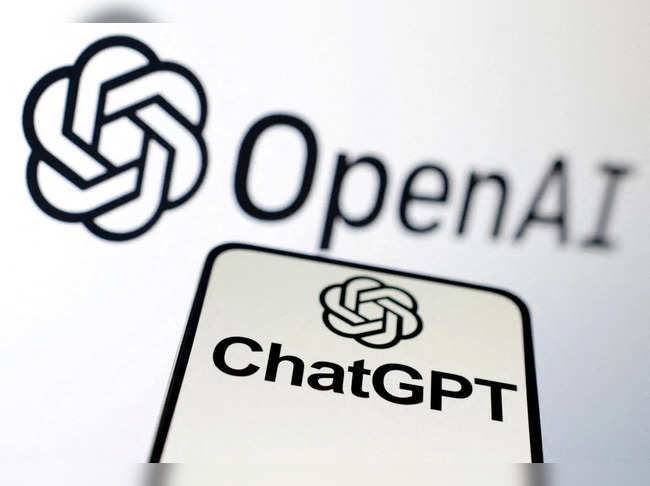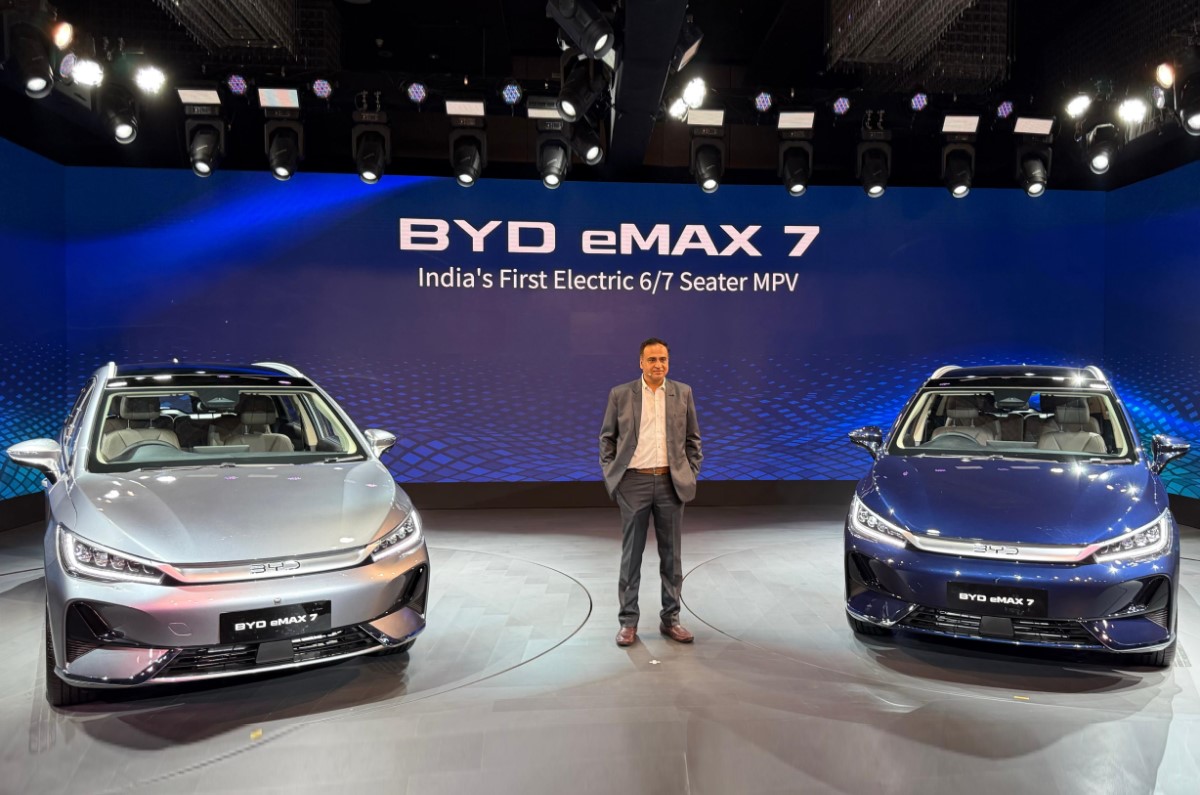Synopsis
Search wars have intensified among the big tech once again, raising the $2 trillion question whether Google’s dominance in search can be disrupted.
 Reuters
ReutersChatGPT is now officially an artificial intelligence (AI) web search engine. OpenAI, the American company which launched ChatGPT as a generative AI chatbot in November 2022, on Thursday launched the search facility for paid users of ChatGPT as well as a Chrome extension for desktop and mobile users.
Search wars have intensified among the big tech once again, raising the $2 trillion question whether Google’s dominance in search can be disrupted. AI-powered internet search startup Perplexity AI has launched functionalities such as ‘internal knowledge search’ and ‘navigational query’. As per reports, it is close to raising a new funding round which could double the company’s valuation to $8 billion. Meta is reportedly building its own search feature in the Meta AI personal assistant. Meanwhile, Google, this week, expanded AI search overviews to 100 countries, reaching one billion users. Here’s an explainer on GenAI’s challenge to world’s largest tech monopoly:
What is ChatGPT Search?
OpenAI’s conversational chatbot ChatGPT can now search the web and respond to queries with links to relevant web sources similar to a search engine. The feature was first released as a prototype called ‘SearchGPT’, designed to combine the conversational capabilities of AI models with information from the web.
Until now ChatGPT’s responses were limited to the cut-off date when its base model was last trained on. Combining this with search, the chatbot can now generate real-time responses such as breaking news insights, stock market movements, live sports scores, weather alerts and currency exchange rates.
Does Google have a competitor?
AI-based search is causing a fundamental shift in how users interact with the web, according to analysts.
“Search has gotten a lot more interesting in 2024 - thanks to Perplexity and OpenAI,” said Arun Chandrasekaran, distinguished VP analyst, Gartner. “It is much more personalised, persuasive and direct to the consumer.”
Researchers have started pondering how advertising could be transformed with the power of GenAI which can autonomously learn and act on the specific behaviour of individual users.
Whether GenAI-based search can dethrone incumbents like Google Chrome is still unclear, especially since it controls 80% of the market and is already powering AI summaries with its proprietary model, Gemini. Last week, Google reported $49.4 billion generated from search business in the third quarter. Its search business generated $49.4 billion in revenue, up 12.3% from a year ago, and the search business remained the largest contributor to the company’s revenue growth.
“Google is a formidable competitor in this space. Their branding, understanding of how to visualise search and their vast go-to-market partnerships are hard to replicate in the near-term,” Chandrasekaran said.
What are the other concerns?
The general risks of AI such as hallucinations or biased output are still persistent.
The primary objective of any search interface is to provide reliable and accurate information quickly with least efforts. GenAI prompting has not yet reached the level of comfort needed on these basic requirements.
AI models are constantly trained to improve their performance and the quality of their responses largely depends on the detailing of the prompt given by the user.
Most important and critical concern is the cost of compute. According to the International Energy Agency, a single ChatGPT query requires 2.9 watt-hours of electricity, compared with 0.3 watt-hours for a Google search, a nearly tenfold increase. A conversational AI revolution when combined with search use-case will increase the number of prompts that users make, thereby multiplying the energy consumption manifold.

 5 days ago
29
5 days ago
29



































 English (US)
English (US)